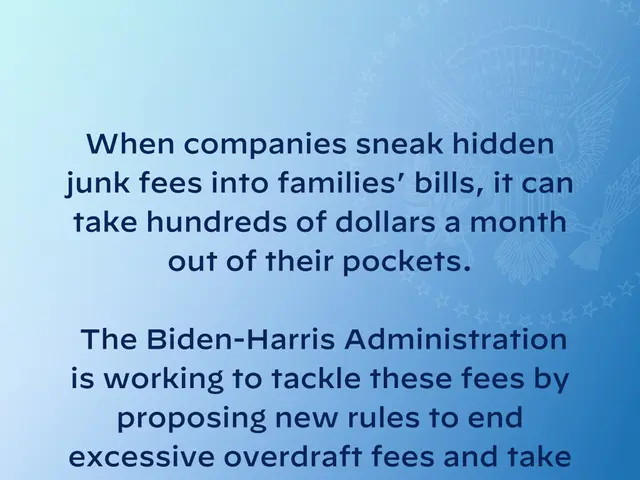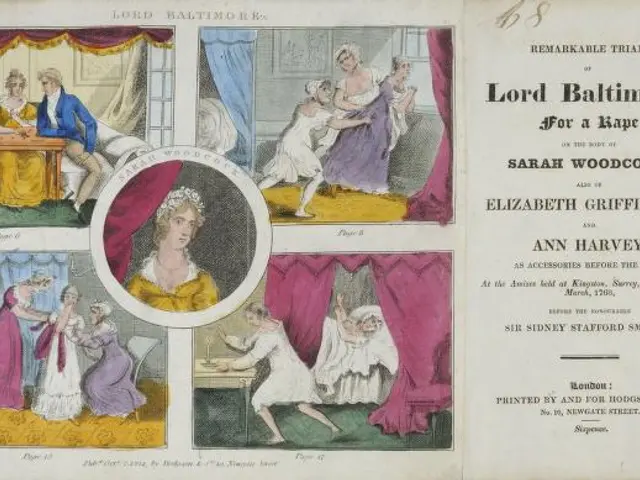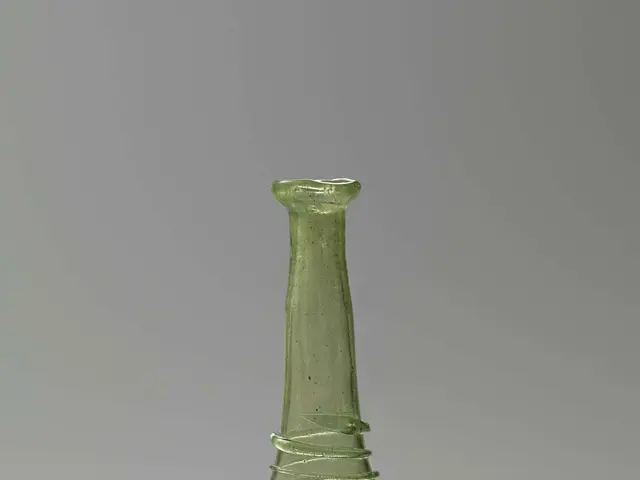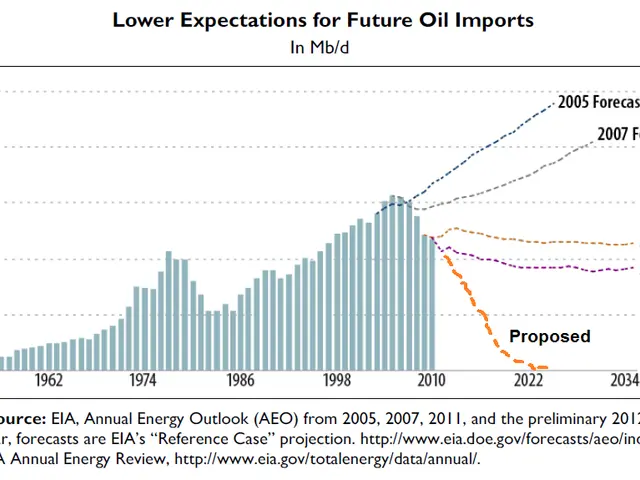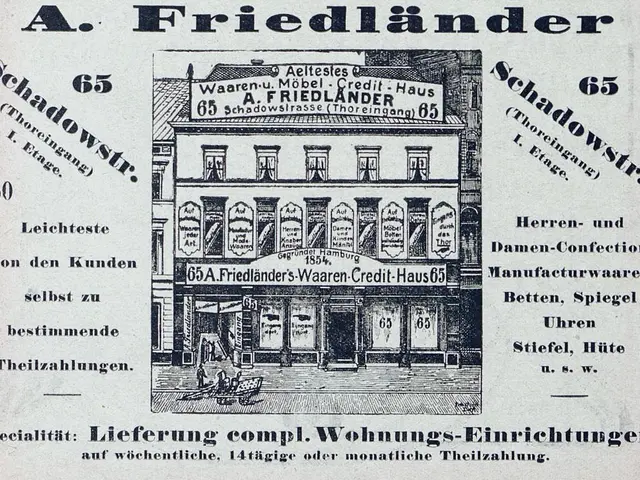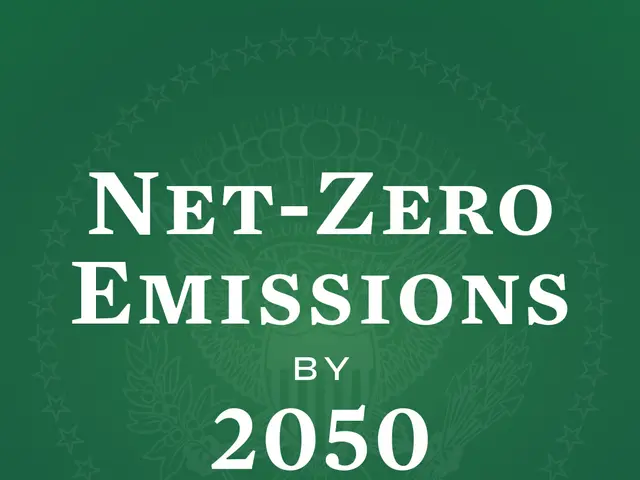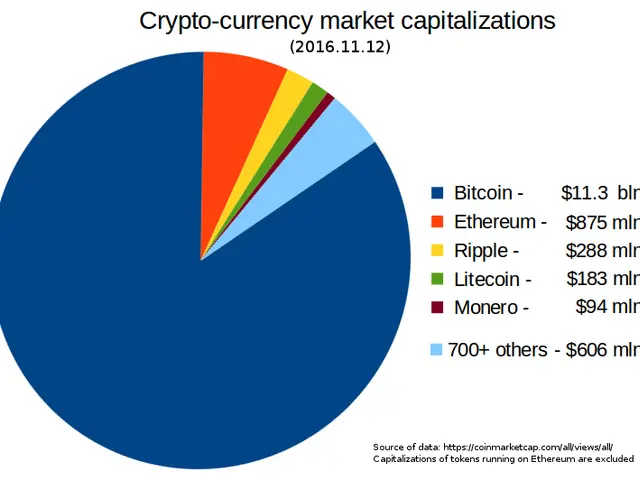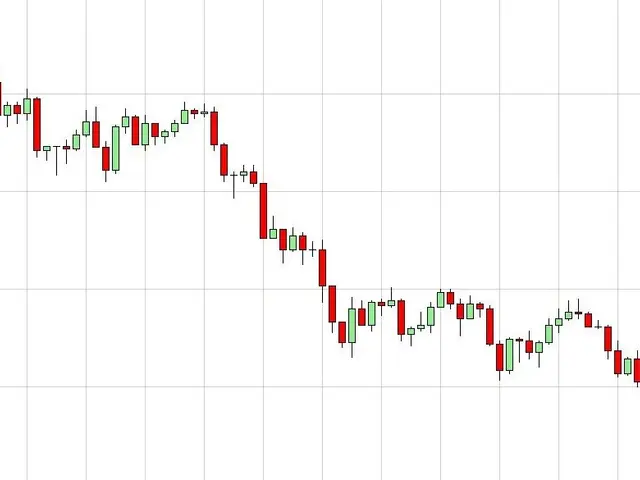The End of Preferential Trade for Ukraine: Implications and Future Negotiations
EU Revokes Preferential Trade Status for Ukraine
The symphony of EU-Ukraine trade relations has hit a sour note, as the European Union chose to let the temporary trade preferences for Ukraine expire on June 5, 2022. This move comes three years into the ongoing conflict with Russia. In the shadows of this geopolitical standoff, what are the repercussions for Ukraine, and what does the future hold?
The Bottom Line for Ukraine
The axe of expired trade concessions looms large over Ukraine's horizon, leading to dire predictions. Ukrainian agricultural organizations paint a grim picture of potential losses worth billions. Their preliminary estimates suggest a foreign exchange earnings deficit of up to 3.3 billion euros and a slide in economic performance of around 2.5 percent this year. But, will the EU reach for its purse strings to cushion the blow? The EU Commission remained tight-lipped on the subject, leaving the question unanswered.
When grilled about the prospect of additional financial aid, the EU Commission's spokesperson evaded a straight answer, referring to ongoing talks with Ukrainian partners. The Commission, too, declined to offer predictions on the scale of Ukraine's economic damages, arguing that they don't provide models for calculating the impact of such changes. On the flip side, they see promise in Ukraine's return to pre-war trade levels, thanks to reopened Black Sea ports.
Yesterday's Easements, Today's Controversies
The absence of tariffs on Ukrainian goods, instituted 100 days after the Russian invasion of 2022, was welcomed as a measure to support Ukraine's economy, primarily boosting agricultural exports, which constituted over 7% of Ukraine's GDP in 2023 (compared to less than 1% in Germany). However, this influx of cheap agricultural imports sparked resentment among European farmers in neighboring countries, especially Poland and Hungary, who felt the heat of heightened competition.
The wound was further rubbed salt by resistance from France, pushing for stricter customs regulations. National interests heavily influenced the current debate over the expiration of these trade advantages, according to EU diplomats.
A Fickle Friendship
The bitter tongue of political division struck the EU when the talks on a new and permanent trade agreement failed to bear fruit before the expiration of the transitional rules. This standstill was lambasted as "unspeakable" by the chairman of the EU Parliament's trade committee, Bernd Lange (SPD), who dismissed the abolition of tariff exemptions as an ill-timed compromise toPolish sensibilities.
This political impasse was further complicated by the election of anti-European conservative Karol Nawrocki as Poland's president, who may further test the resolve of the EU-Poland relationship.
The New Playbook
Since the end of June, the EU Commission has reinstated the tariff quotas agreed upon in a 2016 deal, with an estimated seven-eighths of the annual quantities from the old trade agreement still available until the end of 2025. The Commission emphasizes their commitment to working swiftly towards a new agreement, addressing the concerns of European farmers and EU member states alike.
The ball now lies squarely in the court of the EU and Ukrainian negotiators to hammer out a permanent new agreement. The urgency of reaching a resolve has intensified, as the expiration of the existing trade preferences adds weight to the pressure cooker of negotiations. Trade politician Lange remains hopeful, expressing optimism about reaching a swift resolution to secure Ukraine's economic future.
- The expiration of EU-Ukraine trade preferences has raised concerns in the agricultural industry, with Ukrainian organizations predicting potential losses worth billions in foreign exchange earnings and a slide in economic performance.
- The expiration of these trade advantages has also stirred controversy in the political arena, with the abolition of tariff exemptions being criticized for being an ill-timed compromise to Polish sensibilities.
- While the EU Commission has reinstated tariff quotas to address the concerns of European farmers, a swift and negotiated agreement is needed to pacify ongoing tensions in the business and finance sectors, ultimately ensuring the general-news of a stable and prosperous future for both parties.

